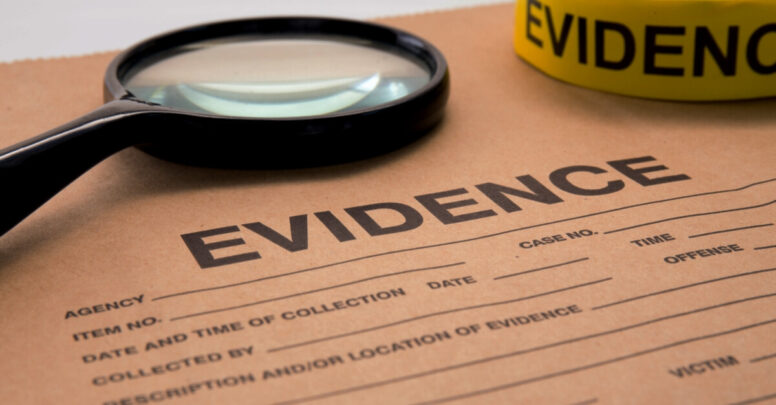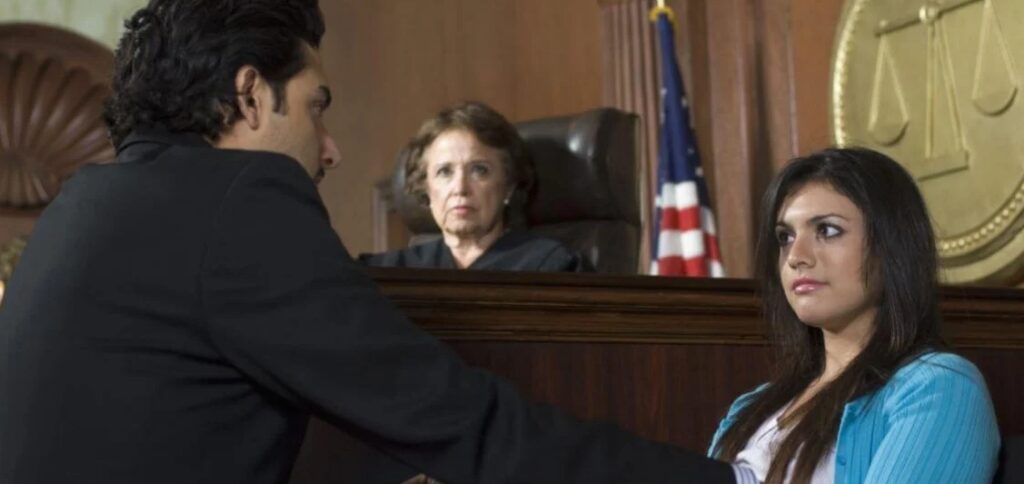Criminal defense cases are said to be some of the most complex ones, and the strategies can vary between self-defense, innocence, and even constitutional violations and insanity. Being charged with a crime is extremely stressful, and when you are in this position, you want to do everything you can to help your case and prevent ending up behind bars. To ensure your victory and to ease your verdict, you need a plan and you need to know what to do in case you are ever charged. In this article, we are going to talk to you about some of the steps that can lead to building a strong criminal defense strategy. Continue reading if you want to learn what you should do, when, how to avoid incriminating yourself, and how to find the best legal representative.
1. Don’t talk to the law enforcement officers without your advocate

The first thing that you have to remember if you want to have a good criminal defense strategy is that you need to have your legal advisor present at all times. This means that as soon as something happens, you need to call them right away.
No matter if you are innocent or guilty, you should not talk to the law enforcement officers, confess, or sign anything without having a representative present. This will help you create a better narrative and your advisor will know what to do and what to avoid so they can, later on, build a better case in your favor.
2. Be careful what you disclose and to whom

Another thing that will make a difference in your overall plan is disclosing information about anything related to the case. No matter if it comes to friends, family, or your partner, you should not disclose any information.
In addition to this, you should not apologize or say that it was your fault, even if it was. Don’t comment about what happened with potential witnesses and don’t talk to anyone but your legal representative. Even though this may be difficult to do because you will want to share your side of the story, know that before the verdict, you should only disclose information to your attorney.
3. Pick the right counselor-at-law

Now let’s talk about the most important part of your whole defense strategy – your legal representative. This person will make the difference between you ending up in jail, walking free, or having to pay a specific amount of money.
According to Barkemeyer Law Firm, there are some general things you need to follow when choosing the right lawyer, and you should always pay attention to the exact type of law the counselor-at-law practices, their overall experience, along with their record of success.
Experts suggest that you should find a representative before something bad happens and have them just in case. This will help you out a lot, and you will have someone to call without having to rush your decision or choice.
4. Collect hard evidence

Collecting evidence is usually done by the police, but it does not mean that you cannot take your own evidence. This does not mean that you are free to change anything in the scene or that you can hide or remove things to your advantage, but you are free to take your own pictures before the police get there.
However, you should contact your legal advisor before you do anything so that they can guide you on what is the best step forward for this. You can also hire an investigator that will help you out with the hard evidence and prove your innocence in court.
5. Have witnesses

This part is pretty similar to the hard evidence, and witnesses can make a huge difference in court. In case there are people around you when something happens, you should try to collect and write down their information.
In some cases, you may not be able to do this, but you should tell your advisor about the number of people who saw the scene and who can testify in your favor. Once again, your advisor will give you more information on what you should or shouldn’t do.
Also read: Why Am I Afraid of Public Speaking?
6. Be honest and open with your lawyer

Always be open with your legal representative and know that the worst thing you can do for your criminal defense plan is to hide things that may be revealed in court later on. No matter how good or bad things are, you need to be honest.
When you communicate with your representative, they will be able to come up with the best plan that is going to help you get the desired verdict. Know that if you blindside them or if you choose to hide things, they will not be prepared in front of the judge and this will greatly affect your case.
Remember that you have a lot of options to choose from, and depending on the narrative of your story, you can either find the best way forward for your case, or you can choose to withhold details and end up with the worst possible plan for your current situation. Trust your legal advisor and know that they are going to do everything they can to keep you from being locked up.
7. Choose a strategy and follow it

The last step in this process is to choose one strategy and follow it. This can be done by first researching the laws in your location, and know that based on the state, province, or country you are in, they will vary.
So, talk to your legal advisor about the best way forward for your specific case, and see what you can come up with. Once you are comfortable with one plan, you should stick with it throughout the whole case. This will help remove misunderstandings and mistakes.
Don’t forget that the way you present yourself at court will make a difference, so always wear good, clean clothes, and ask your counselor-at-law about the way you should overall act. These things are going to make a huge contract in your criminal defense strategy and can be the difference between a verdict you are expecting and the worst one you can get. Find a good legal advisor and know that if you can, you should be investing in the best you can afford.

